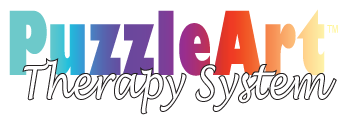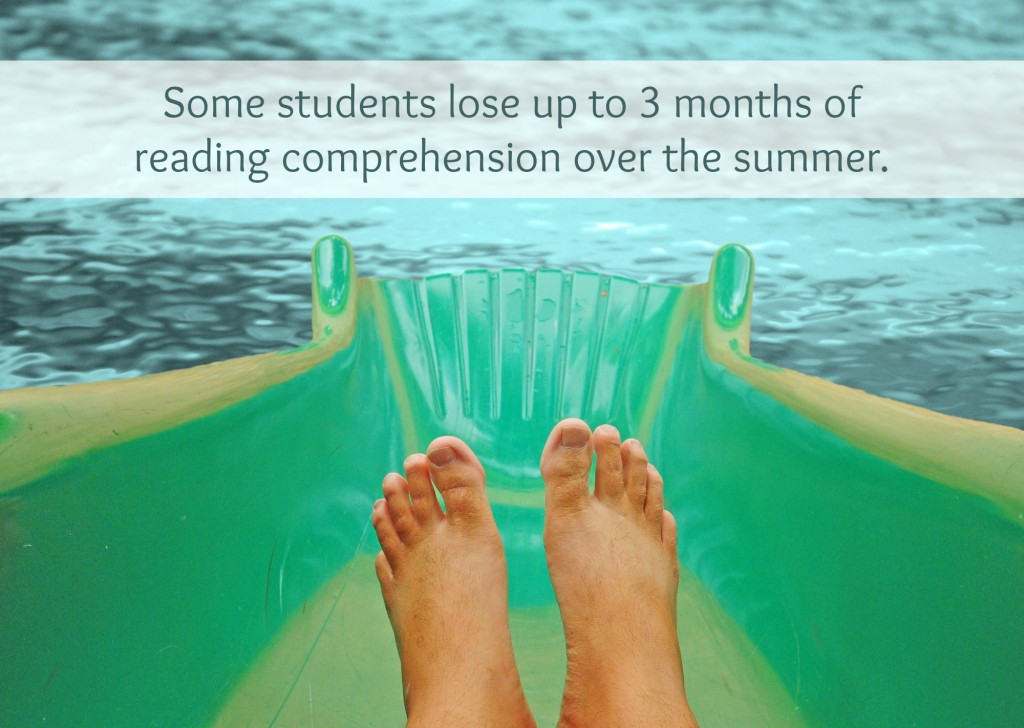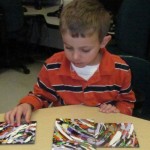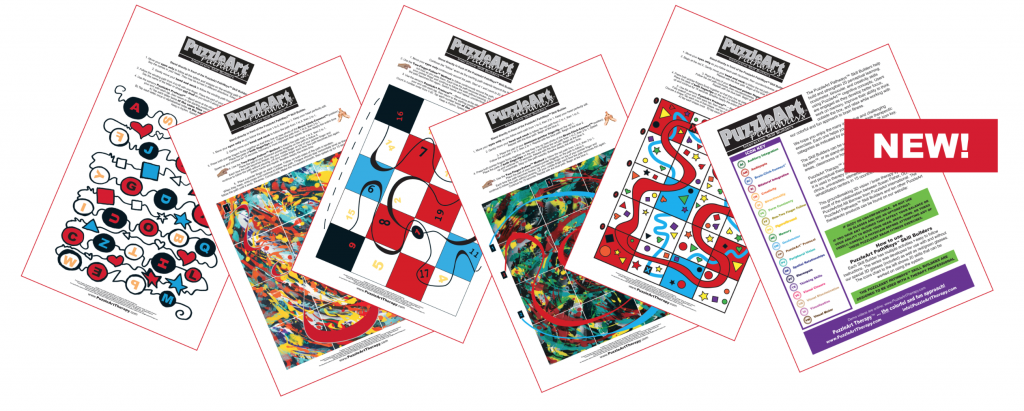Reading – Avoid the Summer Slide
Summertime is packed with trips to the playground and the amusement park, but there is one ride you don't want to find children on – the summer slide. The summer slide may sound like a carnival attraction, but the cute name hides a grim reality.
Low-income students, despite making as much progress during the school year as their more affluent peers, lose ground in their reading skills over the summer months. This achievement gap was studied in depth by Johns Hopkins researchers, and they felt the summer slide could be explained by unequal access to summer learning opportunities during elementary school. These students lose as much as three months of reading comprehension over the summer. By the end of fifth grade, they are nearly three grade levels behind their peers.
Study after study shows a direct correlation between poor reading ability and success in both school and life. This achievement gap can make the difference in whether students stay in school and go to college. Ultimately, poor reading ability can affect their communication skills, cause lower self-esteem, and result in lower average lifetime wages earned. The emotional, financial, intrapersonal, and interpersonal impact of poor reading ability cannot be overstated.
Fortunately, the summer slide is avoidable! And in fact, with all of the extra time summer provides, summer is actually the perfect time to improve reading and oculomotor skills!
FREE summer reading programs provide a great start for maintaining reading gains obtained during the school year, thereby avoiding the summer slide. This summer:
- Check with your local library or recreation center for free reading programs
- Read, log, and win with Pizza Hut's Book It! Summer Reading Challenge
- Earn free books with Barnes and Noble's Summer Reading Program
- Go on a Book Adventure with Sylvan to improve comprehension and win prizes
But spending time reading is only one piece of the puzzle when the goal is to improve reading habits and ability. If a child has visual perceptual and sensory deficits, they may struggle as a reader and as a student.
If a child is exhibiting signs that they are experiencing visual issues, such as sitting too close to the television or holding a book too close to their face, squinting, tilting their head to see better, rubbing their eyes even if they aren't tired, or if they're demonstrating difficulty with eye-hand-body coordination when playing a sport or riding a bike, they may be experiencing a visual deficit. A behavioral optometrist can assess the child and help resolve any visual issues. Qualified behavioral optometrists can be found using the Locate a Doctor feature at the College of Optometrists in Vision Development (COVD) site.
In order to find success in and out of the classroom, students with visual issues must be:
- Discovered and professionally diagnosed
- Made a part of the process in their own success
- Treated both professionally and in the home
- Retested professionally with alterations in their treatment if necessary
Children need both basic and advanced reading skills to be successful in school and life. Help prepare them for their first (or next) year in school by following a daily summer reading program, having them evaluated by a behavioral optometrist if they might be experiencing a visual problem, and practice developing visual ability at home.
But students want to relax in the summer! They want a break from doing work! How in the world can you get them to practice visual skills at home? This is where a crucial component comes into play – it has to be fun!
A simple way to make learning fun is to turn the work into a game. In the PuzzleArt Therapy System, games and fun are built-in to the very design. While the products and exercises are all enjoyable and look deceptively simple, every level of products can help people of all ages with oculomotor, perceptual, and sensory challenges. It's the best kind of learning – the kind you don't realize you're doing because you're absorbed, challenged, and engaged! It's learning that's irresistible.
Here is a Level One exercise from our PuzzleArt Alli Activity Books: Challenge Edition 1.
Have your child complete the entire activity every day for five days. Remember: this is a game – a game that will help develop oculomotor and perceptual skills – but it is still a game (and games are fun!). Take unobtrusive notes as your child completes the activity – note the date, record the start and finish times, and jot down any obvious difficulties. This list can then help a professional when evaluating your child.
Take action today to halt the summer slide in its tracks!
Alli Berman is a Brain Fitness expert and the Eye Brain Fitness Guru. She has been an artist, author, educator, creativity consultant, workshop leader, perceptual and sensory products and programs developer, and motivational speaker for the past 30+ years. Berman has served as an educational advisor to the American Academy for Anti-Aging Medicine for over 30 years, and she is the founder of The Art of Rehabilitation and Anti-Aging Art. She created the PuzzleArt Therapy System in collaboration with behavioral optometrist, Susan Fisher, OD, and through consultation with neuroscientists around the world. Berman uses the system herself on a daily basis to keep her own brain as healthy, engaged, and challenged as possible!



